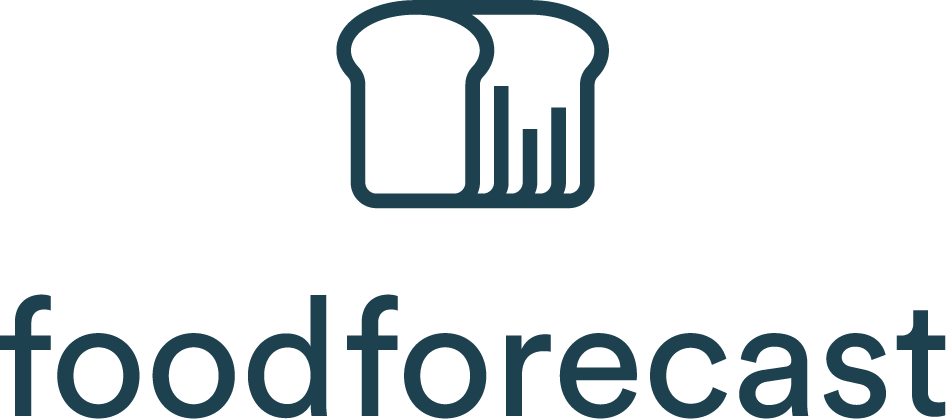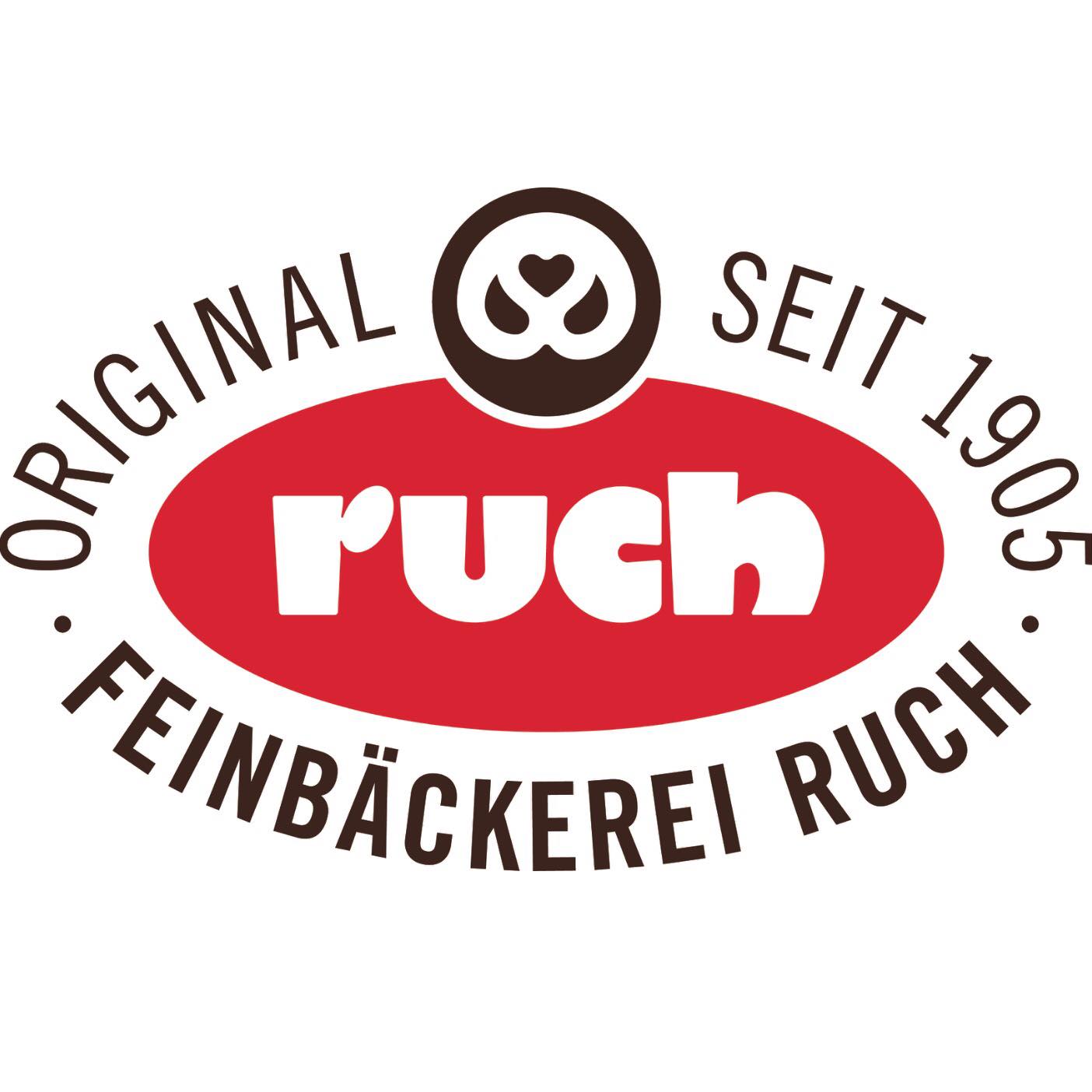Definition: What is a sales forecast?
A sales forecast refers to the prediction of future sales volumes of a specific product. Usually, such a forecast is made on the basis of historical data, market trends and other factors. It helps a company to plan production, optimize supply chains, manage inventory, develop sales strategies and ensure financial stability.
Calculating sales forecasts: Methods and procedure
A sales forecast can be calculated in various ways, depending on the available data and the desired accuracy. Common methods include time series analysis, regression models and machine learning. Historical sales data, seasonal patterns and external factors are taken into account.
To create a sales forecast, relevant data should first be collected and analyzed. Statistical or AI models are then used to estimate future sales figures.
Sales forecasting with AI: advantages and potential
In recent years, the calculation of sales forecasts has been significantly improved through the use of artificial intelligence (AI). AI-supported forecasts such as sales forecasting AI use advanced algorithms and machine learning models to analyze large amounts of data and make accurate predictions.
The integration of AI into the forecasting process enables an effective response to changing market conditions and better optimization of companies' business decisions. Unpredictable events are taken into account and real-time data is collected, resulting in numerous advantages over traditional forecasting methods.
Calculate sales forecast: Areas of application and significance
Accurate sales forecasting is crucial for many industries as it helps to increase efficiency, reduce costs and improve competitiveness. It is used in the following areas in particular:
- Production & logistics: Precise forecasting enables production planning and warehousing to be optimized so that overproduction and excess stock are avoided and the supply chain is made more efficient.
- Marketing & sales: Sales strategies can be adapted more specifically and marketing campaigns can be designed more effectively.
- Financial planning: Forecasts of future income and expenditure improve financial management.
- Risk management: companies can better prepare for uncertainties and market risks.
Sales forecast in food retail & bakeries: Avoid food waste
Particularly with regard to food retailers and bakeries, the calculation of sales forecasts plays a major role and can ultimately reduce food waste. An accurate sales forecast helps to avoid overstocking and thus reduce food waste. The sales forecast can enable effective production and warehousing as well as optimal order quantities and ultimately reduce food waste. In bakeries, a sales forecast helps to improve production and supply planning. The amount of unsold baked goods is reduced because the sales forecast ensures that orders are placed in line with demand and thus improves order planning. This in turn leads to an optimization of returns.
Sales forecasting in retail: optimal stock planning
In retail, sales forecasting is crucial to optimize inventory planning and avoid over or understocking. Through accurate forecasting, retailers can ensure that they have enough goods in stock to meet demand without tying up too many resources in excess stock.
A typical example is the forecast of sales figures for a new product in a supermarket. Sales data for similar products, seasonal trends, public holidays and current market conditions are all taken into account.
Request a callback
We will be happy to call you back promptly to talk to you personally









